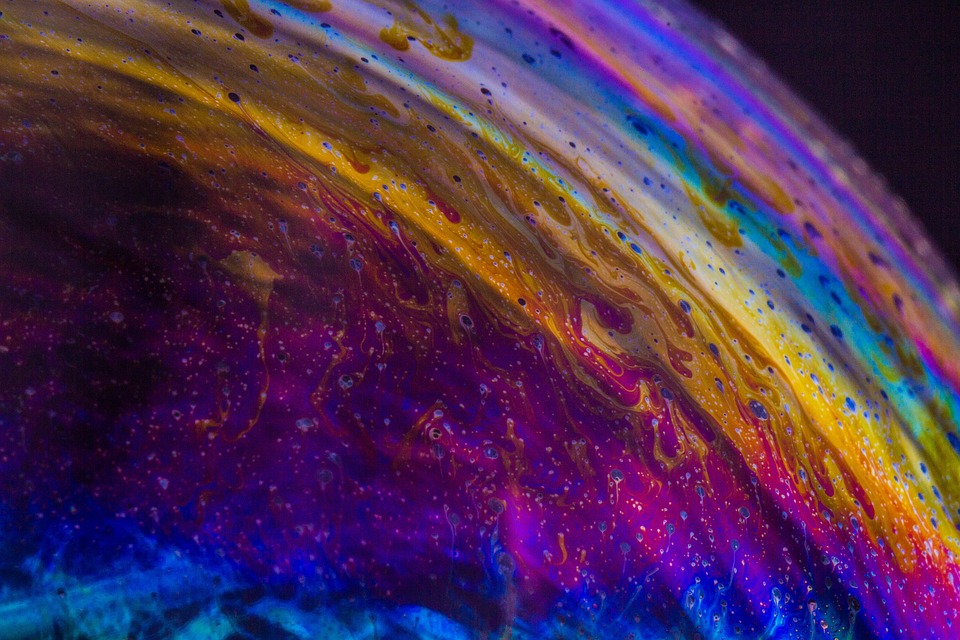It is important to handle and use swimming pool chemicals carefully, following manufacturer instructions and safety precautions to ensure proper water treatment and avoid any potential health hazards. Swimming pools provide a refreshing escape from the summer heat, offering a perfect environment for relaxation and exercise. However, it is essential to maintain the pool water’s cleanliness and sanitation to prevent the growth of harmful bacteria and algae.
Swimming pool chemicals play a crucial role in maintaining the water’s hygiene, but they can be hazardous if mishandled or used incorrectly. Therefore, it is vital to understand the importance of handling these chemicals with caution and following the manufacturer’s instructions and safety guidelines.
One of the fundamental reasons for handling and using pool chemicals carefully is to ensure proper water treatment. Swimming pool water is exposed to various contaminants, such as body oils, sweat, sunscreen residues, and environmental pollutants. Without proper chemical treatment, the pool water can become a breeding ground for harmful bacteria and algae, which can cause various health problems, including skin rashes, eye and ear infections, and gastrointestinal illnesses.
To effectively treat pool water, different types of chemicals are required, such as chlorine, bromine, pH adjusters, algaecides, and sanitizers. These chemicals work together to kill bacteria and viruses, control algae growth, and maintain the water’s pH balance. However, mishandling or incorrect usage of these chemicals can lead to adverse reactions and health hazards.
When handling pool chemicals, always wear appropriate personal protective equipment (PPE), such as gloves, goggles, and masks, to minimize the risk of skin and eye irritation, respiratory problems, or chemical burns. Carefully read and follow the manufacturer’s instructions on the packaging for each chemical. Each chemical has its specific dosage, application method, and safety precautions. Never mix different pool chemicals together unless specifically instructed to do so, as it can lead to dangerous reactions and the release of toxic gases.
It is crucial to store pool chemicals in a cool, dry, and well-ventilated area, away from direct sunlight and heat sources. Exposure to extreme temperatures can cause the chemicals to break down, lose effectiveness, or potentially ignite. Additionally, keep all pool chemicals locked away and out of reach of children and pets to prevent accidental ingestion or exposure.
Proper water testing and monitoring are also essential to ensure the correct chemical levels in the pool. Regularly test the water’s pH balance, chlorine or bromine levels, and total alkalinity using test kits or electronic testers. Adjust the chemical levels accordingly, following the manufacturer’s recommendations, to maintain a safe and healthy swimming environment.
It is worth noting that even when using pool chemicals correctly, some individuals may be more sensitive to their effects. People with allergies, asthma, or other underlying health conditions may experience adverse reactions when exposed to certain chemicals. Therefore, it is essential to be aware of any pre-existing health conditions and consult a healthcare professional if there are concerns about the potential risks associated with using pool chemicals.
In conclusion, handling and using swimming pool chemicals carefully, following manufacturer instructions, and safety precautions is of utmost importance. This ensures proper water treatment, prevents the growth of harmful bacteria and algae, and minimizes the risk of potential health hazards. By maintaining the cleanliness and hygiene of your pool through responsible chemical usage, you can create a safe and enjoyable swimming environment for yourself, your family, and your guests.
To ensure the proper treatment of pool water and avoid health hazards, it is crucial to handle and use swimming pool chemicals carefully. Following the manufacturer’s instructions and safety precautions is essential. Pool chemicals play a vital role in maintaining water cleanliness and preventing the growth of bacteria and algae. Different chemicals like chlorine, bromine, pH adjusters, algaecides, and sanitizers are used to kill bacteria, control algae, and balance pH levels. It is important to wear personal protective equipment, read instructions, avoid mixing chemicals, and store them properly. Regular water testing and monitoring are also necessary. People with allergies or health conditions should consult a healthcare professional.
